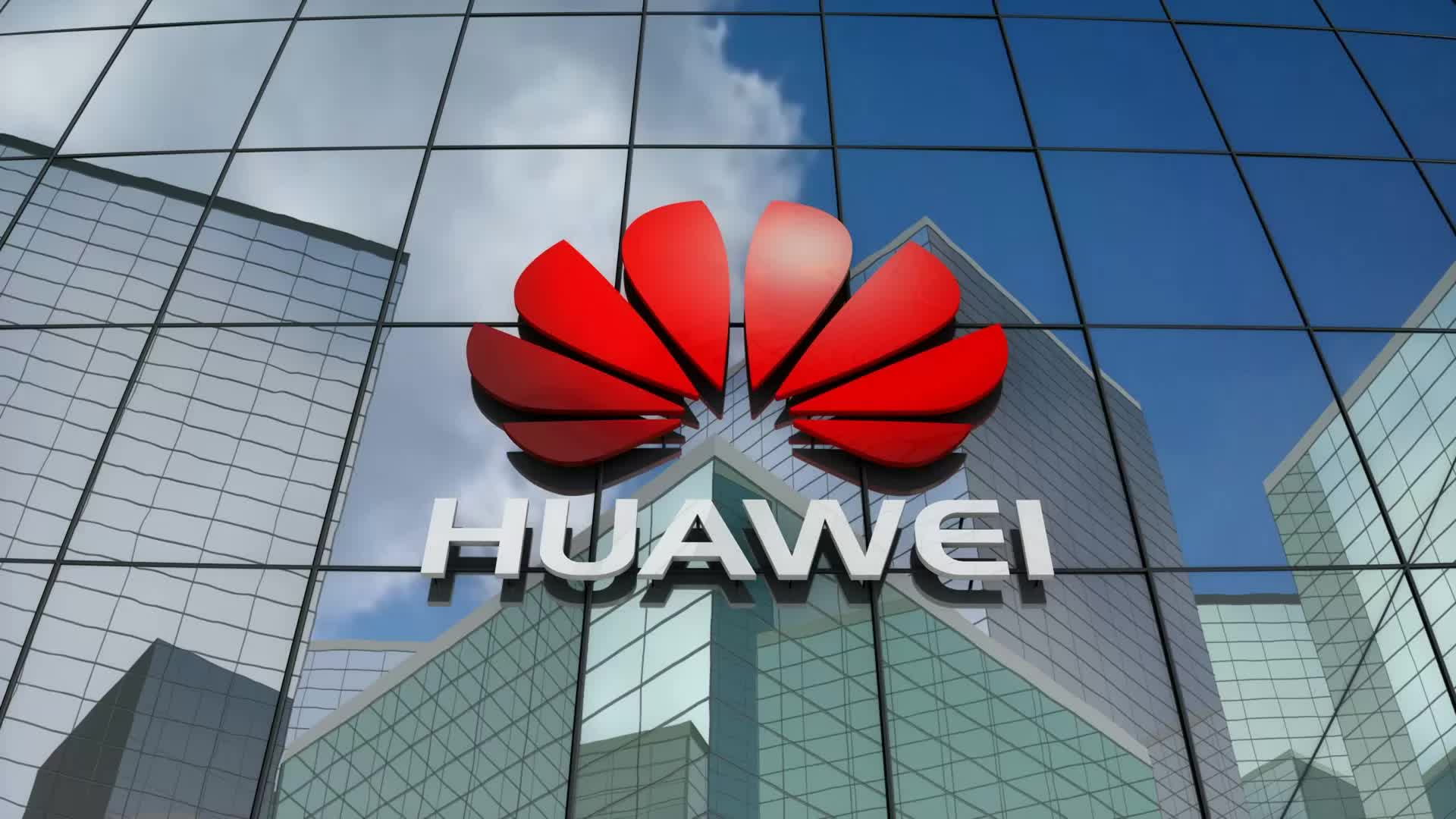What just happened? Germany has decided to kick Huawei and ZTE to the curb when it comes to its 5G networks. The country's government announced an agreement with the major telecom players – Deutsche Telekom, Vodafone, and Telefonica – to ditch components from the Chinese tech giants over cybersecurity worries.
The phase-out will happen in two stages. First, by the end of 2026, any Huawei or ZTE gear in the core 5G networks, which act as the control centers connected to the internet, has to go. Then, by 2029, even the radios, antennas, and other hardware on the edge of the networks made by the Chinese firms will be removed.
Germany's interior minister Nancy Faeser said the move is all about "protecting the central nervous systems of Germany as a business location" and safeguarding communications for citizens, companies, and the government. Her statement cited the need to reduce the "dangers of sabotage and espionage" and avoid one-sided dependencies on any single supplier.
The writing has been on the wall for Huawei in Germany for a while now. Berlin has been indecisive over what to do about the Chinese 5G equipment for years, under pressure from allies like the US and UK who view Huawei as a potential cybersecurity threat. Those nations have already blocked Huawei from their 5G rollouts over fears of Chinese espionage.

For its part, Huawei has long denied any risks and pushed back against the accusations. But the US has been tightening trade restrictions, making it harder for Huawei to source chips and other components. Europe, together with the Middle East and Africa, account for 21% of Huawei's revenue, so this ban will sting.
Unsurprisingly, Beijing is crying foul over the move. The Chinese embassy in Germany warned it will take "necessary measures" to protect its companies' interests and slammed the decision as damaging "mutual trust" that will impact future China-Europe cooperation in tech.
The Huawei phase-out adds to the growing tensions between Germany and China on economic issues. Just last week, Berlin blocked the sale of a Volkswagen subsidiary to a Chinese state-owned firm on national security grounds. Meanwhile, the EU is considering heavy tariffs to crack down on cheap Chinese EVs.
With China being Germany's biggest trade partner, this move could trigger some strong economic repercussions. Telecom operators will face added costs ripping out any existing Huawei gear too. But for the German government, the "cybersecurity" implications seem to outweigh any business concerns.
